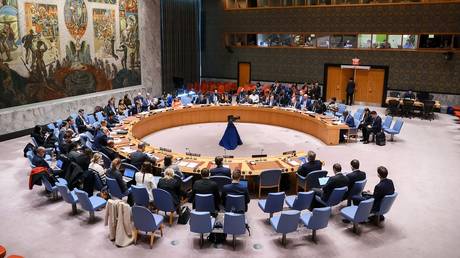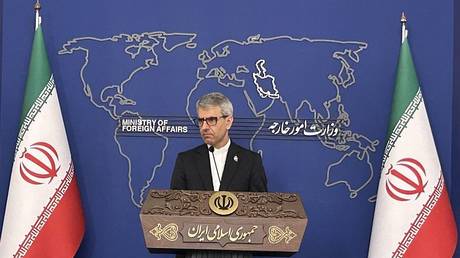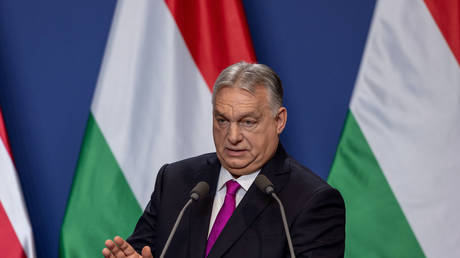
Newly empowered nations need greater representation at the global organization, the Russian president has said
The UN needs to adapt to the growing role of developing nations so that they are better represented, including on the Security Council, Russian President Vladimir Putin stated on Thursday.
Speaking at a session of the BRICS Outreach initiative during the summit hosted by Russia in the city of Kazan, Putin noted that the UN Charter had entered force on the same day in 1945. For almost eight decades, the document’s principles “have served as the foundation of international relations and international law,” he said.
The UN should maintain its role in keeping the peace and ensuring sustainable development of humanity, but should “adapt to the realities of the 21st century” to be effective, the Russian president said. In particular, the UN Security Council and other key UN agencies should better represent “the nations of Asia, Africa, and Latin America, including those present in this hall,” Putin suggested.
“A reform of leading UN institutions and global financial structures is long overdue. The weight of the developing nations in the world economy has radically changed in the past decades,” he added.
Putin specifically called out the International Monetary Fund and the World Bank. The latter is not part of the UN architecture, but its creation in the mid-1940s similarly reflected changes in the global order in the wake of World War II.
The three-day BRICS summit in Kazan is part of Russia’s chairmanship of the organization. The group’s outreach program aims to engage governments of non-member states and international organizations on practical parts of the BRICS agenda. Thirty-six nations were invited to participate in the meeting. UN Secretary-General Antonio Guterres was among the attendees.
The BRICS gathering in general is focused on creating alternative mechanisms for international commerce and investments, which would be shielded from US attempts to use financial institutions under its influence to target its geopolitical opponents with economic restrictions.




